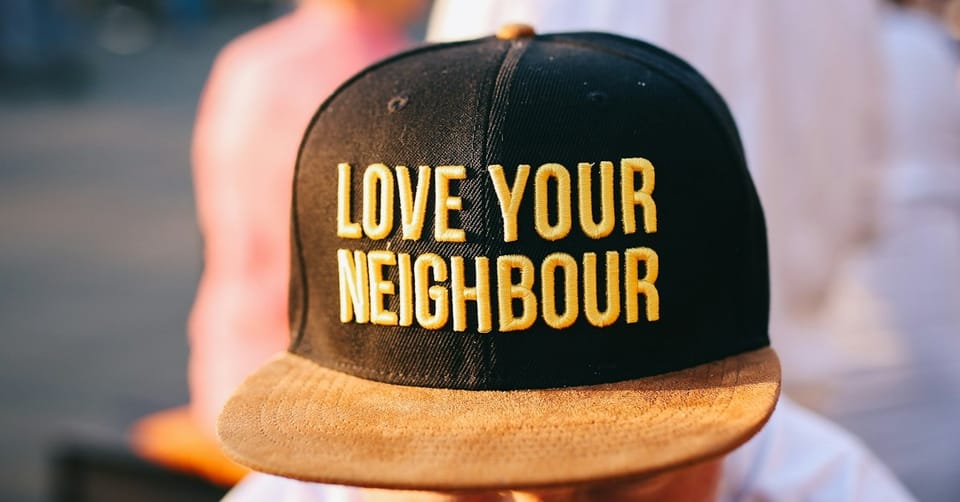
The Solution is Painfully Obvious; Getting there? Not so much…

The work many of us have committed our lives to can often cut deep in myriad ways, especially for those of us whose relationship to substances has created trauma and difficulties in our lives. I’ve realized for me that the part that’s the hardest to deal with, the element that continues to pour salt over wounds that are the essence of my suffering, is the constant pressure that many of us feel (and most certainly those we work alongside and for feel) from a society that has decided to criminalize, ostracize, and pathologize us and our humanity. I was a child when I first can recall getting the message from adults in my life – teachers, family, whoever – that I was not okay. That I had to change myself and rebel against the things that made me feel alive, better, seen, heard – that my humanity made others uncomfortable, that I had to change. “Fake it ‘til you make it!” “Your disease is outside doing pushups!” or “You can’t trust your thinking - your mind is the problem” or the two absolute worst things you could ever say to someone who has endured significant trauma, “You have to realize that you are powerless” and “What role did you play?”
It has taken me the better part of my 42 years on this planet, having navigated the systems that told me that my “brain needs some washing”, to accept myself as I am, to be honest about my needs, and to know deep down that I am worthy of Love. It has been the combination of lived experience, a deeper understanding of disability rights, and learning more about what is actually evidence-based, that has pointed me firmly towards what I have always known the solution to be deep down: it is our society, our systems, and most importantly, the ideas we all carry that would have us look upon a struggling, deeply hurt person and see someone who “can’t stop partying” rather than someone who has done their best to deal that realities that many of us could never comprehend without experiencing them ourselves. My entire life has been wrapped up in trying to help those who are dealing with situations that I have lived myself. I feel their pain. I couldn’t begin to guess what works for them, and I would never doubt what they say works for them.
At the heart of the question of how we will ever be able to slow the deaths of the 100,000+ mothers, daughters, fathers, sons, uncles, aunts, friends, lovers, and human beings that we are losing too soon to overdose, is this: will we collectively be able to first acknowledge, and then move towards the reality that a human life should never be sacrificed because of our own discomfort with drugs? Due to or own our inability to recognize that we are allowing thousands to die because of our own willingness to accept and lean in to the stereotyping, pathologizing, and cruel treatment of those of us who find drugs of varying kinds necessary to live a happy life, to recognize their own humanity, and to realize that all of us are worthy and deserving of Love, of understanding, and of community?
Either way, I’m front lines until I’m in the ground – I hope to see more of you alongside us.
